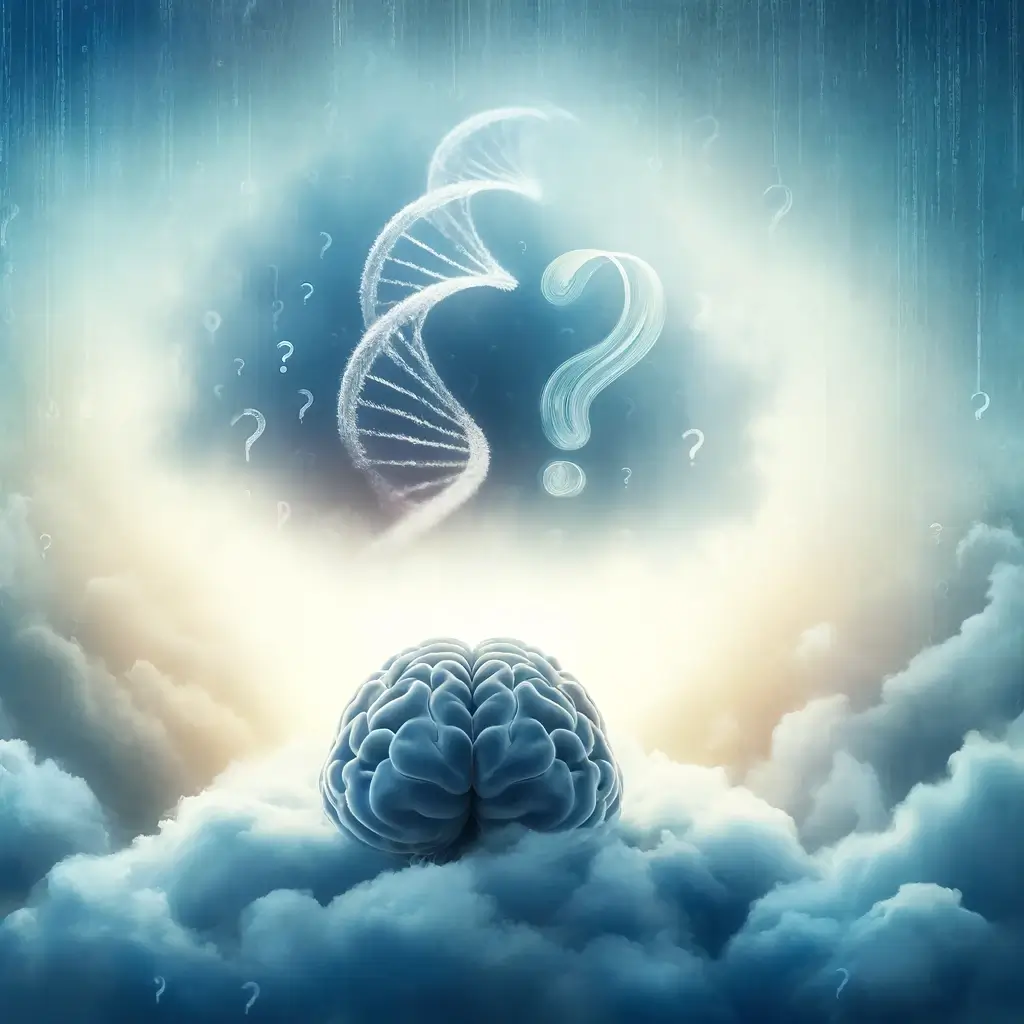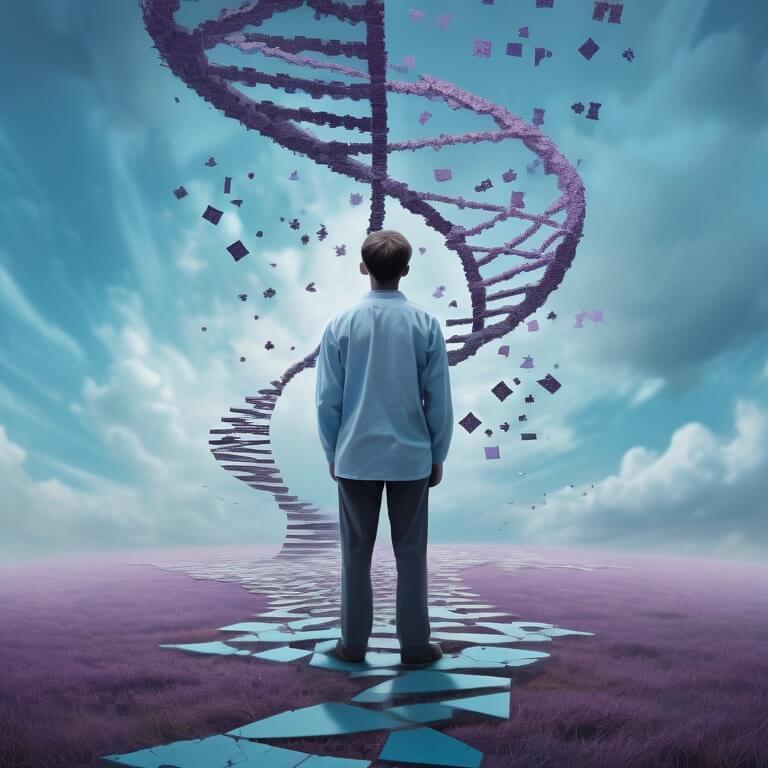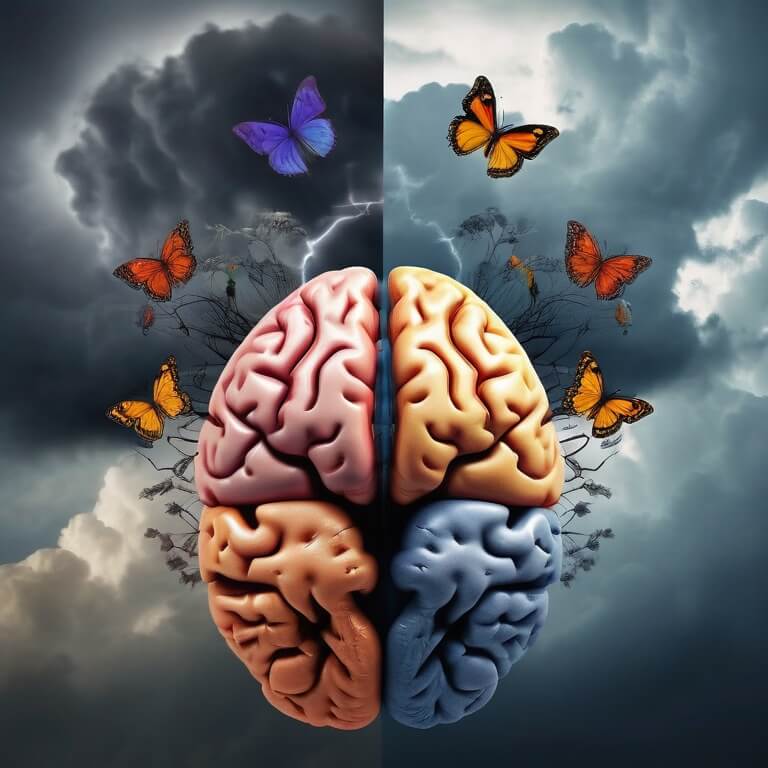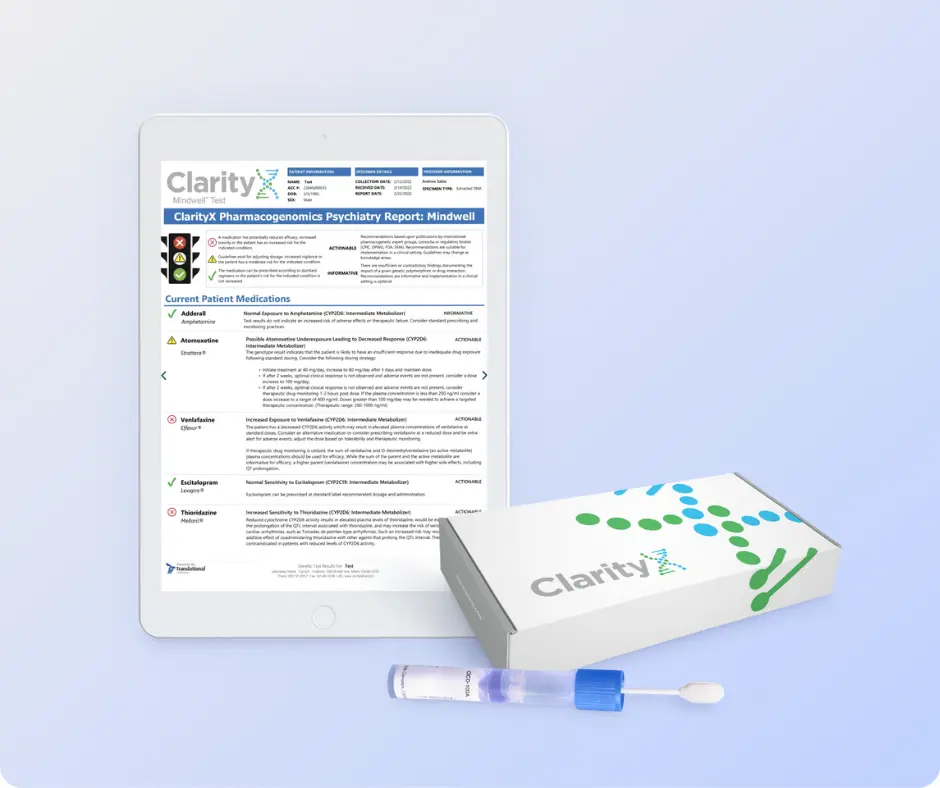Everybody feels sad every now and then — it’s normal to be depressed when something upsetting happens, such as a job loss, traumatic incident or death. However, if you experience consistent, daily depression that interferes with your ability to complete basic tasks, then you may be suffering from a depressive disorder.
Each year, it’s estimated that about 16 million Americans undergo at least one major depressive episode. Not only can depression distract you from your daily requirements, but it can also make you feel hopeless about life in general. Here’s a closer look at what depression feels like and how proper treatment can help relieve symptoms.
Explaining Depression: What Is It Like to Have Depression?
Depression is a mood disorder that affects how you feel, what you think about and the decision you make. Before we examine what it’s like to have depression, let’s take a look at what causes this condition. Generally, depression is attributed to one of the following:
- Lifestyle
- Genetics
In most cases, depression stems from the result of a traumatic event in one’s life, or it may arise out of general feelings of misery and frustration. However, some people are more likely to develop depression than others due to their genetic material. It’s also important to note that there are different varieties of depression.
Types of Depression
Oftentimes, depressed individuals don’t know how to explain depression to someone who has never experienced it. This is in part due to the fact that there are different versions of depression, such as:
- Major depressive disorder: This is a short-term, intense disorder characterized by strong feelings of dismay and hopelessness.
- Persistent depressive disorder: Also known as dysthymia, this disorder lasts for over two years and comes with consistent, daily depression.
- Seasonal depression: As the name suggests, this type of depression is triggered by seasons (such as winter).
Although there are different types of depression, they tend to have several symptoms in common.
Symptoms of Depression
If you want to learn more about this mood disorder, the first thing you should do is put yourself in other peoples’ shoes by reviewing common descriptions of depression. When asked what it feels like to have depression, many people report the following symptoms:
- Irritability
- Anxiety
- Anger issues
- Loss of interest in activities
- Suicidal thoughts
If left untreated, depression can grow and impair every facet of life, from social relationships and career prospects to hopes and dreams.
Treatments for Depression
You can’t answer the question, “what is it like to be depressed?” without considering the effects of depression treatments. When it comes to treating the condition, most doctors recommend a combination of psychological counseling and antidepressants. During counseling, patients describe how it feels to be depressed and actively seek ways to change their behavior. The intention is to improve depression by changing one’s lifestyle, thus changing the way the mind thinks.
Antidepressants, on the other hand, work by physically altering parts of your brain. They balance chemicals in your brain called neurotransmitters, which affect your emotions and overall mood. In patients that have moderate or severe depression, antidepressants have been known to relieve symptoms in 40 to 60% of cases. On the downside, medication can come with side effects that negatively impact the patient’s health.
Side Effects of Antidepressants
While some people that take antidepressants have no issues with the drug, others undergo a slew of physical side effects. These may include:
- Headaches
- Nausea
- Insomnia
- Fatigue
- Weight gain
Antidepressants can also affect patients emotionally. Ironically, if you ask someone what depression feels like, you might notice that their answer is similar to many of the mental side effects of antidepressants. Despite the fact that they’re intended to help relieve symptoms, antidepressants have been found to increase suicidal thoughts in some adults under 25.
While there’s always a risk of side effects when taking antidepressants, you can decrease your likelihood of experiencing them by selecting a medication that works well with your body. From Prozac to Lexapro, there’s no shortage of name-brand drugs that you can try. But how do you choose the right medication?
Using DNA Testing to Help Treat Depression
The purpose of antidepressants and psychiatric medications is to help you feel better — nobody should take a treatment that negatively impacts their mental or physical health. At ClarityX, our goal is to assist you in finding a treatment that works well with your body through pharmacogenetics, or genetic testing for depression.
Pharmacogenetics is a type of science that uses your DNA to pinpoint variations that may affect your ability to metabolize medication. Most antidepressants are broken down by an enzyme family called cytochrome P450 — DNA testing examines the gene sequences responsible for these enzymes and looks for any variations that may affect their function. If testing concludes that you metabolize certain drugs too slowly or too quickly, you know to avoid those medications when seeking treatment.
Our team at ClarityX offers three simple forms of DNA testing:
- Saliva collection
- Cheek swab
Through our mental wellness test, we can analyze your DNA and determine your potential reaction to some of the most common antidepressants and psychiatric drugs.





